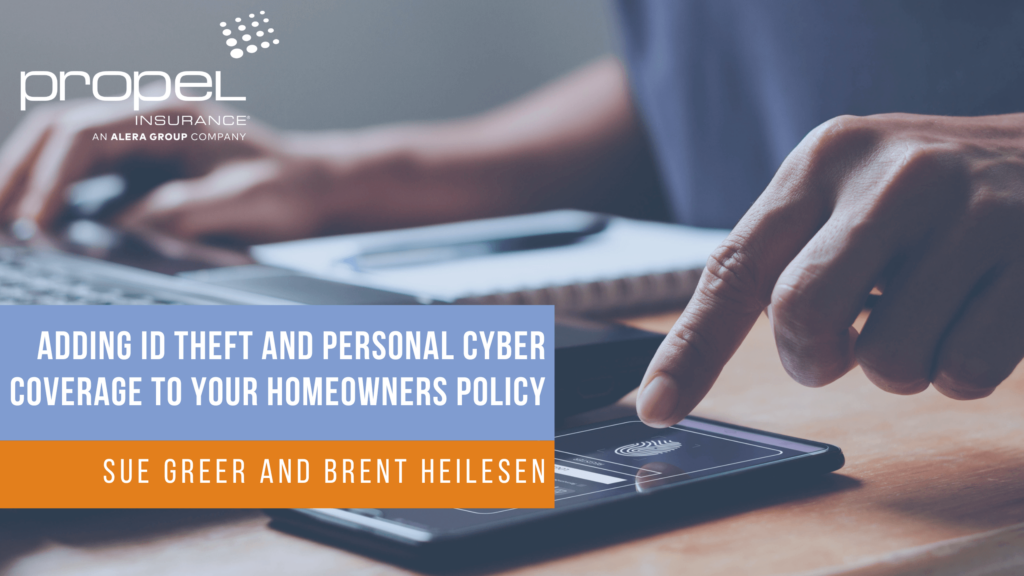Propel provides innovative insurance solutions to thousands of companies across the country. We make it our business to know your world inside and out.
Cyber Security, Insights
Adding ID Theft and Personal Cyber Coverage to Your Homeowners Policy
Hackers and scammers are after your money and your personal information. In addition to staying vigilant and following cybersecurity best practices, consider adding an ID theft endorsement to your homeowners insurance policy. You may also be able to add personal cyber coverage for additional protection.
How You Could Become a Cyber Victim
The following scenario shows how easy it is to fall for targeted and sophisticated online scams: You’ve just had your roof replaced. You receive an electronic invoice via email. Thinking it’s legit – you were expecting a bill – you go ahead and pay it. A few days later, you receive another bill from your contractor. At this point, you discover that the first invoice was fake. Unfortunately, scams like this are all too common. In 2022, the FBI’s Internet Crime Complaint Center received more than 800,000 complaints, with losses totaling more than $10 billion. This amount includes the following figures, which are likely low because not all victims file a report with the FBI:- 300,497 people were victims of phishing.
- 58,859 people were victims of personal data breaches.
- 32,538 people were victims of tech support scams.
- 30,529 people were victims of investment scams.
- 27,922 people were victims of identity theft.
- 19,021 people were victims of confidence and romance scams.
- 51,679 people were victims of non-payment/non-delivery scams, in which a seller doesn’t provide goods paid for or a buyer doesn’t provide payment for goods received.
Cybercriminals Are Upping Their Game
You’ve no doubt received countless phishing attempts from scammers trying to trick you into handing over your money or personal information. Expect these attacks to become more convincing. According to Reuters, hackers are using AI to create malicious software and phishing emails. Powered by new generative AI tools, phishing emails are poised to become more convincing and more numerous. Cybercriminals are also using deepfake technology to make their ploys more convincing. For example, Gizmodo says a man in China was fooled by a scammer who used deepfake video and audio to impersonate a friend. Believing he was communicating with someone he trusted, the victim agreed to wire $622,000.Staying Vigilant Against ID Theft, Phishing, and Online Scams
Since scams are everywhere, you need to protect yourself.- Watch out for fake requests. New AI-powered phishing messages may be more convincing. Instead of clicking on links or attachments, reach out to the organization directly. Be suspicious of invoices, even if you are expecting one – confirm the invoice is legitimate before sending money.
- Talk to your financial institutions to understand their security measures for large purchases and changes. Since identity thieves may use your financial information to make purchases or even take out loans in your name, it’s smart to require verification for big transactions.
- Monitor your credit on a weekly or even daily basis. If a scammer takes out a loan in your name, you’ll want to know and take action as soon as possible. Many credit card companies offer credit monitoring. There are also multiple credit monitoring services, including Credit Karma and Credit Sesame.
- Consider freezing your credit. If your personal information has been exposed in a data breach or you simply don’t intend to take out any loans in the foreseeable future, put a freeze on your credit to prevent identity thieves from taking out loans in your name. You will need to contact the three major credit reporting agencies. See gov for details.
Insurance Provides Another Layer of Protection
Although careful cybersecurity practices can help prevent identity theft and scams, a cybercriminal could still target you. If you are tricked into making a wire transfer to a scammer, your financial institution probably won’t reimburse you (although you may be able to stop the transfer if you act quickly). Online scams could also leave you with losses associated with extortion demands and damage your computer systems. Identity theft and cyber insurance can add another layer of protection against phishing, malware, fraudulent check writing, and wire transfer scams.- ID Theft Protection – Most homeowners insurance companies offer an ID theft protection endorsement you can add to your policy. If you are the victim of identity theft, this endorsement will help you with restoration.
- Cyber Insurance – If your home is worth at least $500,000 (or, in some cases, $1 million), you may qualify for cyber coverage through PURE, CHUBB, or Cincinnati Insurance. Coverage usually costs around $20 per month, but this varies according to the value of your home. Depending on the policy, coverage can include reimbursement for financial losses due to cybercrime and fraud, data recovery, system recovery, and cyber extortion coverage.




